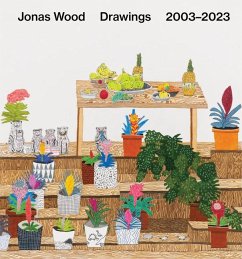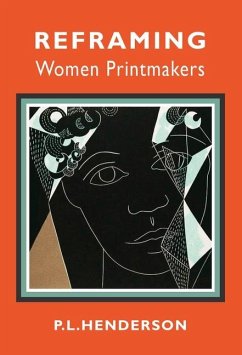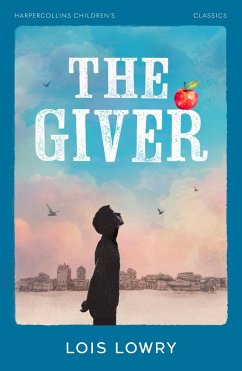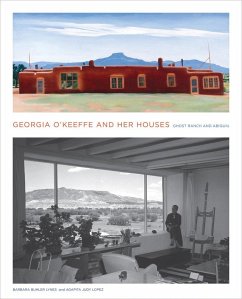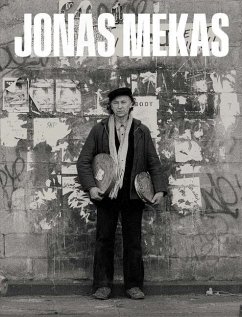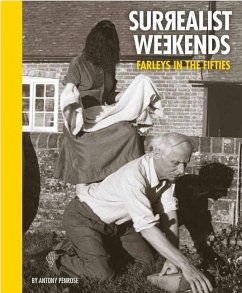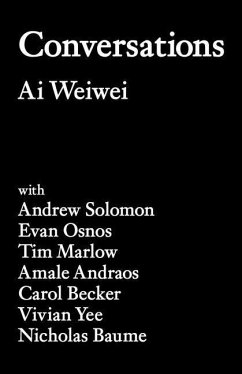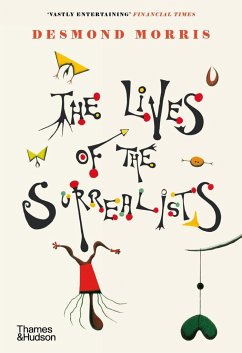
Jonas Mekas, Shiver of Memory

PAYBACK Punkte
10 °P sammeln!
"The controversy over filmmaker Jonas Mekas's memories of his WWII Lithuanian youth are delicately and humanely approached in this book-length essay by a Mekas cinephile. Stemming from a New York Review of Books article by a young Jewish historian that condemned the widely-beloved Jonas Mekas, known as the 'Godfather of American avant-garde cinema', this essayistic, self-reflective, and analytic book flowers into an inquiry about memory and forgetting; the wild moral compass of the future that cannot find its bearing in the past; and the roles we all must play in writing the adequate history o...
"The controversy over filmmaker Jonas Mekas's memories of his WWII Lithuanian youth are delicately and humanely approached in this book-length essay by a Mekas cinephile. Stemming from a New York Review of Books article by a young Jewish historian that condemned the widely-beloved Jonas Mekas, known as the 'Godfather of American avant-garde cinema', this essayistic, self-reflective, and analytic book flowers into an inquiry about memory and forgetting; the wild moral compass of the future that cannot find its bearing in the past; and the roles we all must play in writing the adequate history of events too traumatic for a just accounting"--





